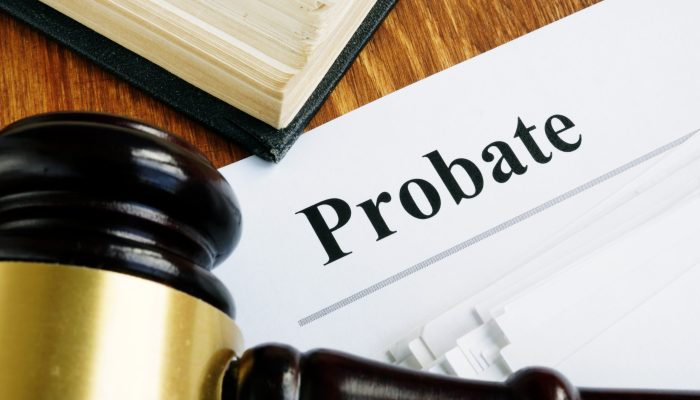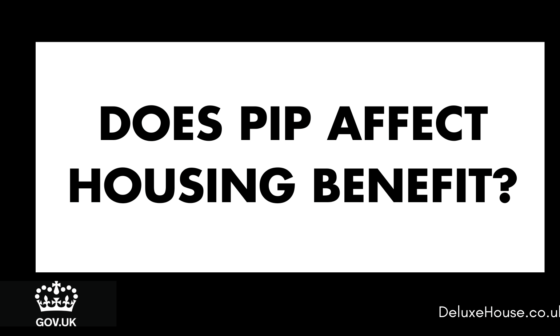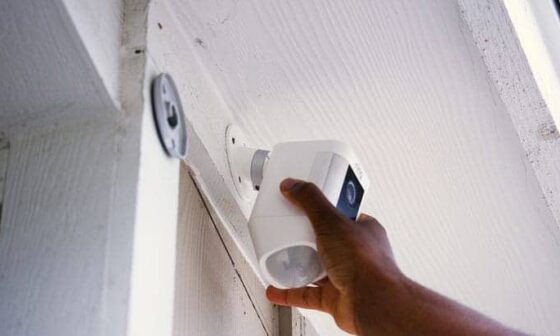
Probate is a legal process that takes place after someone dies, and their assets are distributed according to their will or the laws of intestacy if there is no will.
The probate process can take several months or even years, depending on the complexity of the estate and whether there are any disputes or challenges.
During probate, the executor of the estate is responsible for managing the deceased’s assets, paying any outstanding debts and taxes, and distributing the remaining assets to the beneficiaries. If the deceased had a mortgage on their home, the executor will also be responsible for making mortgage payments during the probate process.
Can You Live in a House During Probate?
In brief, yes, you can live in a house during probate. However, there are a few things you need to keep in mind.
- Firstly, if the deceased left a will, it should state who will inherit the property. If you are the sole beneficiary or one of the beneficiaries of the property, you can move in as soon as probate is granted.
If there are multiple beneficiaries, you will need to reach an agreement on who will live in the property.
- If the deceased did not leave a will, the property will be distributed according to the laws of intestacy. In this case, the property will go to the deceased’s spouse or civil partner, followed by their children, parents, siblings, grandparents, aunts, and uncles, in that order. If there are no living relatives, the property will go to the Crown.
- If you are the spouse or civil partner of the deceased, you can live in the property during probate. If you are not the spouse or civil partner, you will need to get permission from the executor of the estate.
Maintaining the Property
If you are living in the property during probate, you will be responsible for maintaining the property and paying any utility bills, council tax, and other expenses.
If there are any outstanding debts, such as a mortgage or secured loan, the executor of the estate will be responsible for making the payments.
If you cannot afford to maintain the property, you can consider renting it out to cover the expenses. However, you will need to get permission from the executor of the estate before doing so.
Selling the Property
in case you decide to sell the property during probate, you will need to get permission from the executor of the estate. The executor will need to get a valuation of the property and decide whether it is in the best interest of the estate to sell the property.
If the property is sold, the proceeds will be distributed according to the deceased’s will or the laws of intestacy. If there are any outstanding debts, such as a mortgage or secured loan, these will need to be paid off first before the remaining funds are distributed.
The Short answer
Yes, you can live in a house during probate, provided that you are the beneficiary or have the permission of the executor of the estate.
However, it is essential to remember your responsibilities as a tenant, including maintaining the property and paying any necessary expenses


